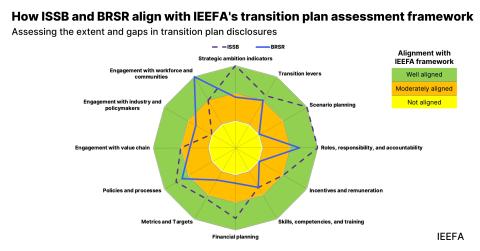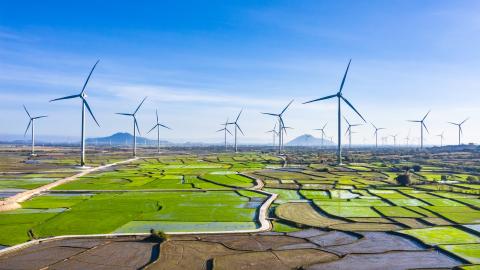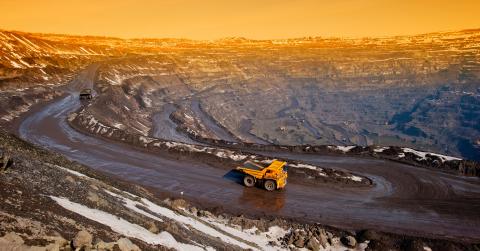Risks to fracking companies in Appalachia Mount
Download Full Report
View Press Release
Key Findings
Between those looking to drill, drill, drill and those relying on traditional supply and demand strategies, neither approach offers much promise.
Supply and demand factors affecting for natural gas have become far more complex.
Executive Summary
Turbulence and desperation are roiling the struggling fracking industry.
The leadership fight at EQT, the nation’s largest independent producer of natural gas, highlights the dilemma between those looking to drill, drill, drill and those relying on traditional supply and demand strategies. Neither approach offers much promise. This chapter of corporate politics may be over—but the book on fracking is still being written.
The epic battle between two Appalachian shale producers, Rice Energy and its acquirer EQT, reached fever pitch last week. Toby and Derek Rice have prevailed in their battle for the board of EQT less than two years after selling their company to EQT in November 2017. The Rice brothers were able to persuade shareholders, led by ISS, the largest shareholder advisory service, that they could steer the company more effectively than current management.
After bleeding almost $8.0 billion in red ink since 2010, a new round leadership for EQT was in order. But the Rices’ new ambitious plan to both lower production costs while simultaneously launching new, unproven, expensive technology, electric frack fleets. Rice acknowledged it will be “pricey” and “costs money... We’re literally fracking with jet engines. This is like a Ferrari race car.” This seems like more of the same—big risky capital expenditures. The Rice brothers have set a benchmark of $500 million free cash flow in two years. Investors are unlikely to forget such a bold claim.
EQT’s new management strategy calls for more—but cheaper—drilling, though it’s unclear if that expensive new technology will deliver on the cheaper promise.
But other informed players see it differently.
Please view full report PDF for references and sources.
Press release: IEEFA U.S.: Fracking companies in Appalachia struggle financially















